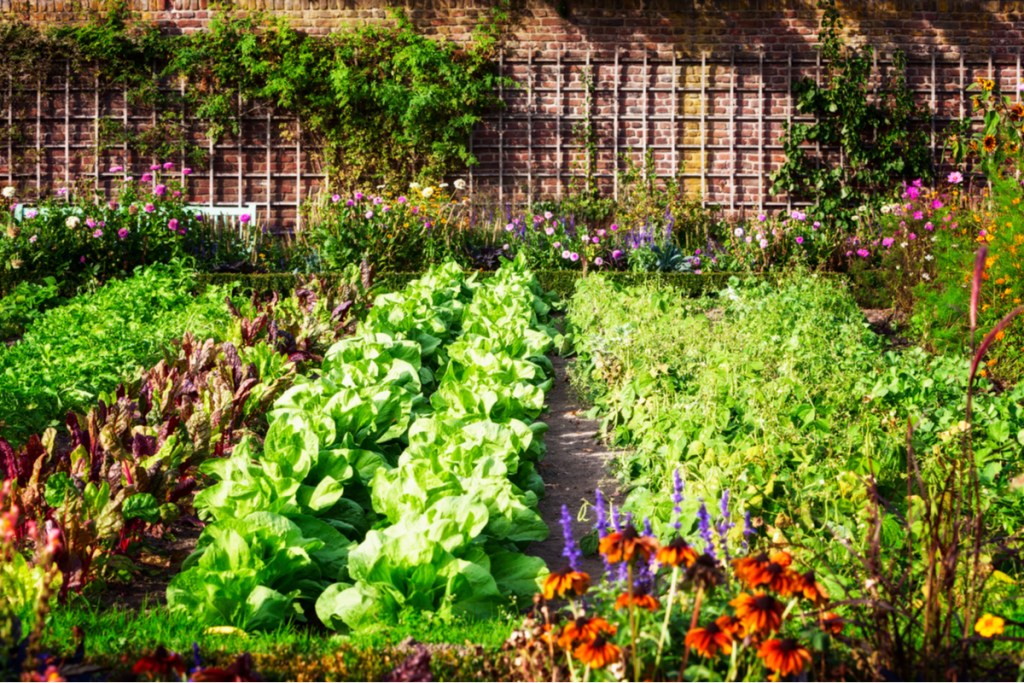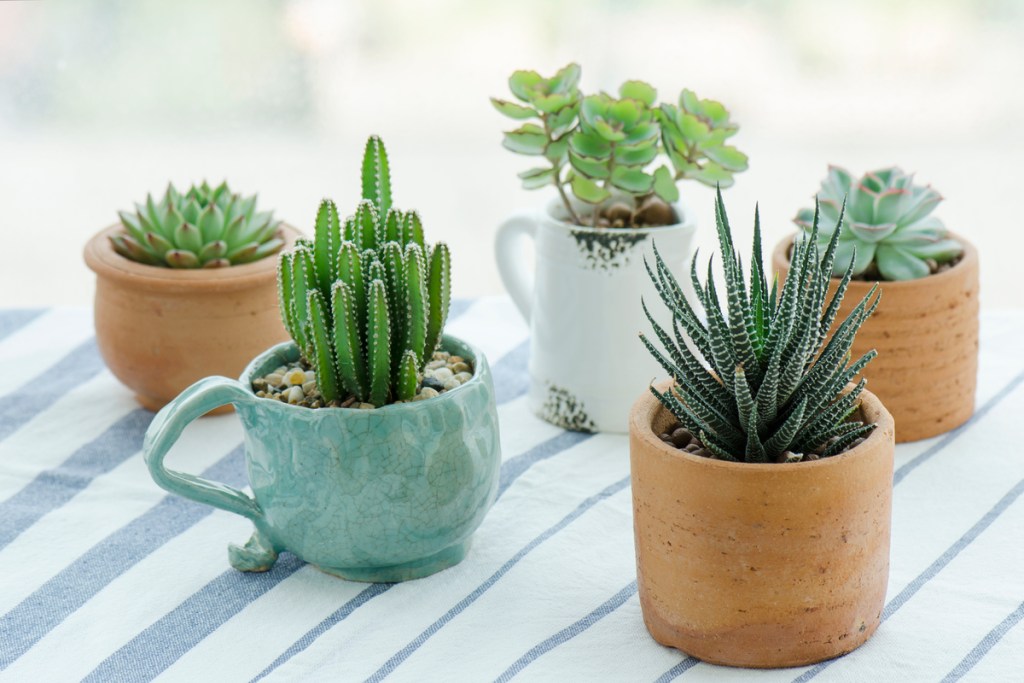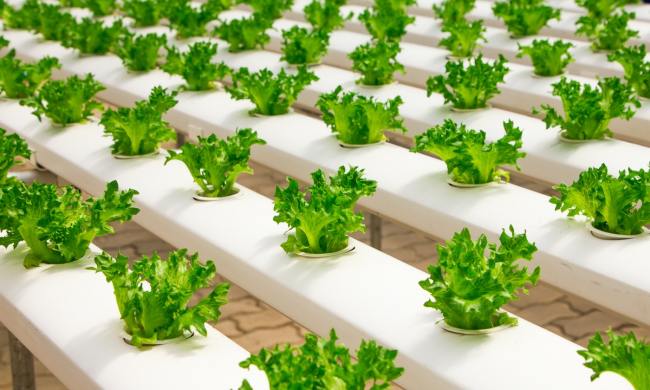Besides the actual plants, one of the best parts about gardening is the community that you’ll meet. While we still love gathering at local events and farmer’s markets, we can’t deny that an online community of plant-lovers does hold a certain caché!
Reddit is an excellent resource for plant parents looking for fellow green enthusiasts who can share advice about growing flowers, vegetables, houseplants, and more! No matter what gardening niche you’re interested in, you’ll find like-minded individuals who can offer plenty of guidance. We’ve scoured Reddit to find the most helpful groups for gardeners, whether you’re a hydroponic grower, a rare plant collector, or you just like seeing what other gardeners are up to.

r/whatsthisplant
Occasionally, you may go to your local garden center and find a beautiful plant with a rather unhelpful “tropical foliage” label. Or, you may even discover a plant without a care label at all. Post your latest foliage find on r/whatsthisplant, a subreddit where group members will help you ID your plants.
While you could upload a plant picture into an app or do a reverse Google image search, you might not always find the right match, especially if your plant is a rare one. In addition to identification, many helpful users will offer tips and tricks as well! Some people will even upload pictures of plants they find out in the wild in local areas to solicit information.
r/urbangardening
This forum is all about urban farming techniques. Because not everyone has space to place plants directly into the ground or in garden beds, users in this forum often post about container gardening and other sustainable practices. Learn how to repurpose household items such as cups and buckets to grow your favorite fruits and vegetables. In addition to upcycling tips, you’ll also discover how people organize edible plants on apartment balconies and patios, which can give you all sorts of ideas.
r/Hydroponics
Soilless gardening has been taking off lately, so learn how to get started on r/Hydroponics. You don’t necessarily need soil to grow your favorite fruits and leafy greens — it’s possible to begin your edible plants by submerging their roots in a nutritious water solution. Hydroponics can be a very technical endeavor, so this subreddit community will help you troubleshoot problems with pumps, pipes, net pots, and grow lights. Besides the hydroponic structure itself, you may need guidance on getting your fertilizer and pH balance just right so that your foliage doesn’t burn with this gardening system.
r/rareplants
Got a thing for rare plants? You’re not alone. Rare plant collectors are usually searching for prized foliage and, since these plants are hard to find, they often crowdsource advice on this subreddit.
Additionally, you’ve probably spent a lot of money on your obscure plant, so the information found here can help you keep it alive! The subreddit is also helpful for gauging whether your seller is legitimate or your plant is a rare one. Also, check r/rareplants to see if a plant is worth its price tag. Every so often, you can track down a “rare” plant at a big-box store for a low price!
r/IndoorGarden
It’s Reddit for gardeners who aren’t outside as much! The requirements for outdoor and indoor gardening can be as different as night and day. An outdoor gardener may be more invested in tools and organic compost, while a houseplant collector may be more interested in macramé hangers and grow lights.
r/IndoorGarden is a community for those who want their indoor plants to thrive. Obviously, conditions inside a home will differ from the conditions outside in a garden. When you grow plants indoors, some common concerns include lighting, repotting, and arranging your plants. Members of this subreddit offer insight into the best locations for houseplants and the top-notch products for supplementing indoor plants.
r/plantclinic
Eager plant collectors will inevitably run into a plant issue, whether it’s dropping leaves, crispy tips, pests, root rot, or faded foliage. Whether you have a browning calathea or a shedding fern, someone out there will have likely faced a similar plant problem. Scroll r/plantclinic to see fellow plant enthusiasts share and diagnose foliage woes. You never know — you might be able to nurse that yellowing alocasia back to life!

r/succulents
Succulents are hardy, but that doesn’t mean that they don’t enjoy a little love and attention. Don’t overlook these plants just because they’re easy to care for and find! r/succulent members often share photos of succulents with unique shapes and variegations. Plus, you’ll find plenty of tips on arranging your plants and air-propagating them, too.
Join a subreddit today to connect with other plant enthusiasts. Whether you’re a new gardener seeking tips or a seasoned one looking to learn even more about your favorite foliage, the Reddit gardening community is an exciting hub for sharing a love for all things green and growing.



